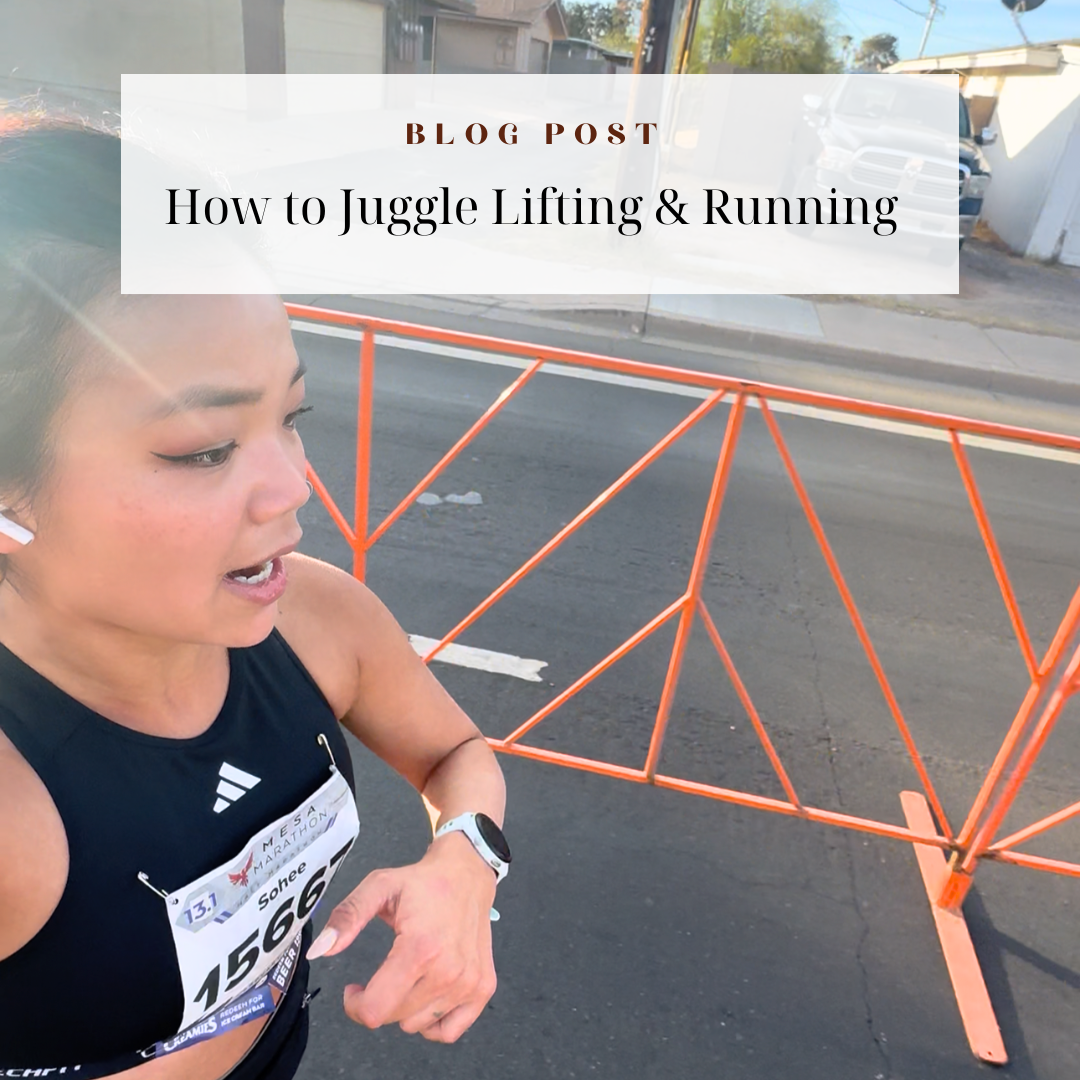Five Tools to Reframe Stress and Minimize Emotional Eating During Your Menstrual Cycle

Have you ever had someone ask, “Are you on your period?” in response to your mood, behavior, or something you ate?
Many women accept premenstrual syndrome (PMS) as an unavoidable part of life. Many more accept PMS as something that makes them fair game for sexist jokes belittling the psychological symptoms brought on by their monthly cycle.
But mood swings, depression, and anxiety are nothing to laugh about.
In some instances, women will also experience changes in appetite during menstruation, often in the form of emotional eating. Emotional eating is the tendency to overeat in response to negative emotions, and it’s commonly triggered by stress or perceived stress (the degree to which we label things in our lives as unpredictable or uncontrollable).
A recent study reported that the effect of negative perceived stress on emotional eating is most significant in women suffering from a more severe form of PMS called premenstrual dysphoric disorder (PMDD).
The average woman spends 40 years of her life menstruating, but few ever recognize the need to treat or manage symptoms associated with PMS or PMDD — especially not emotional eating.
Women should be equipped with the skills needed to regulate their emotions, reframe PMS-related stress, and minimize the occurrence of disordered eating patterns for better quality of life. Here are some of our favorite tools for doing just that.
- Put the scale away – at least for now
Unpredictable fluctuations in weight are very common during menstruation. If you struggle with body image, we recommend placing the scale safely out of sight, especially when you’re on your period. Overvaluation of weight and shape is a known risk factor for emotional eating, so do everything you can to reduce body-related stress around your time of the month. This might include minimizing body checking, covering mirrors, wearing comfortable clothes, and/or scheduling activities that take your mind off negative thoughts you might be having towards your body.
- Lean into healthy habits
Periods are often accompanied by mental and emotional fatigue that makes it more difficult to make decisions and stick to a routine. This is where habits come in.
The more automatic your habits are, the less self-control you’ll need to get things done. The indecision, apathy, and difficulty concentrating that results from this aforementioned cognitive fatigue don’t feel good. They also tend to result in emotions commonly associated with PMS, like anger, irritability, depression, and anxiety.
Rather than making yourself even more susceptible to stress, lean into the habits you already practice in your daily life — things like healthy meals, proper sleep, exercise, and self-care — rather than prematurely abandoning them on Day 1 of your cycle.
- Reframe your thoughts
People usually have all the information they need to make a successful behavior change; they just don’t believe it’s possible.
Too often, we let our self-sabotaging inner narrative act as a huge roadblock to getting what we want. In this case, what we want is less perceived stress and as a result, less emotional eating.
If you’re reading this, it’s possible that you’ve been conditioned to expect the worst from decades of uncomfortable premenstrual symptoms. Maybe you always reach for chocolate after work when you’re on your period. Maybe you have a ritual of mindlessly eating salty snacks in bed when you feel a cramp coming on. And maybe you’ve internalized the belief that these things are inevitable, no matter what you do.
Rather than relying on your false beliefs, choose to challenge them. Which segues into our next tool…
- Cultivate the pause by HALT-ing
Next time you’re reaching for that chocolate or bag of chips, take a second to consider how you’re feeling using the acronym HALT.
HALT stands for: hungry, angry, lonely, and tired – four sensations or emotions that commonly drive people to eat.
The first one is valid. If you’re truly hungry, eat! But also explore why you’re hungry. Is it a normal meal time? Cool. Are you skipping meals throughout the day or fasting out of fear that you’ll overeat later? Not a great idea, especially if you’re more vulnerable to emotional eating.
If you notice feelings of anger or irritability as you open the pantry, acknowledge how you feel without internalizing and holding on to your emotions, then try doing something physical to get space.
Lonely? Seek social connection rather than isolating yourself. Find a friend, family member, or therapist you can confide in, even if it’s via text or email. Sometimes, virtual connection is the next best thing.
Being tired can also drive you to eat when you’re not physically hungry. If this is the case, schedule a nap, bump up your bedtime, and take a holistic look at your sleep patterns and habits.
The physical and emotional aftermath that follows an emotional eating episode can be difficult to navigate, which is why we advocate working through the above situations before they unfold.
When you experience an urge to eat, there’s a space between stimulus (opening the fridge or pantry) and response (to eat or not to eat). This space gives you time to pause and consider how you’re feeling.
It won’t always seem like it, but you do have the power to choose how you respond in these situations. This power exists within the pause. By taking a deep breath and stopping to ask yourself some important, non-judgemental questions, you can discover a lot about your personal motivations to eat.
- Show yourself compassion
Sometimes, you’ll practice these tools and still fall victim to emotional eating. That’s okay. The symptoms and stress caused by PMS and PMDD are serious, and while we’d love to see you escape the cycle of disordered eating associated with your period, it’s normal to have setbacks. Instead of beating yourself up, think about what happened, assess how you might approach the situation differently next time, forgive yourself, and move on.
While it’s true that emotional eating behavior is strongly associated with the stress and perceived stress that accompanies the menstrual cycle, it’s not inevitable. With the right strategies and support, we believe women are capable of efficiently and effectively coping with the negative cognitive stress that often manifests as emotional eating.
If you’re struggling with emotional eating in any capacity, private coaching with the ELT Method team could be the perfect place to start. Visit our website for more information about our coaches, methods, and services.





